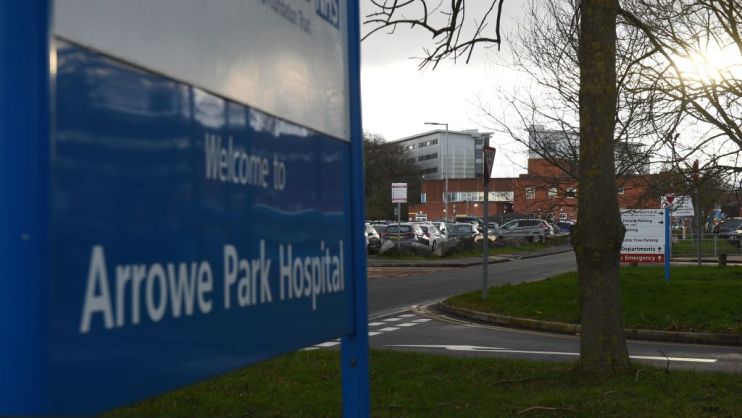Coronavirus UK: How will health authorities react and what steps can I take?

The first two cases of the coronavirus in the UK were confirmed earlier today by Public Health England.
But how do the authorities deal with a contagious virus and what measures are put in place to prevent it from spreading.
How do we know how dangerous the disease might be?
Public Health England (PHE) responds to around 10,000 outbreaks of disease each year and has five incident levels to determin the level of threat they pose.
These are:
Level 1 – Local with limited public health impact.
Level 2 – The same as above, but may require greater management input.
Level 3 – Public health impact spans multiple regional boundaries and may require national co-ordination
Level 4 – Severe public health impact requiring central direction and formal interation with govnerment.
Level 5 – Catastrophic public health impact with central direction and “extensive commitment of resource” needed.
Chief medical officer for England, professor Chris Whitty, says the risk to the UK currently remains the same despite the two cases of coronavirus.
What steps have been taken by the UK so far?
The UK have tested 177 people who have returned from Wuhan over the last fortnight and only two have tested positive.
The pair, who are members of the same family, are being treated in isolation at a hospital in Newcastle. It is one of four hospitals with specialist isolation units set up.
The others are at the Royal Free and Guy’s in London, as well as one in Liverpool.
The 83 Britons who landed in the UK today after being evacuated from Wuhan will be kept at a separate NHS facility on the Wirral. They will be quarantined for two weeks.
All of the above action is to prevent the spread of infection.

What is the current advice?
At a press conference earlier today, Whitty said anyone in Britain who has returned from China in the last two weeks with coughs and colds should “self-isolate” for 14 days.
Previous advice had only encouraged those arriving from Wuhan to take preventative measures to stop the spread of the disease.
“If people have come back from China with any symptoms they should self-isolate for 14 days. We are being pragmatic, it’s a relatively subtle shift but it is significant.”
Whitty warned the contagious virus was “spreading out of control” in China where there are now as many as 10,000 cases and 213 dead.
However, he said those figures were “almost certainly an underestimate”.
The chief medic added that he was confident the UK would handle the epidemic’s threat but said dealing with it would be a “marathon not a sprint”.
Is there a cure for the coronavirus?
There is currently no cure for the coronavirus, but experts around the world are study the genome of the virus in the hopes of finding one.
However, it may take some time.
After the SARS outbreak in 2003 it took researchers around 20 months to produce a vaccine that was ready for human trials.
Fortunately, the outbreak had been contained by then and it never progressed beyond this.
However, this virus has similar properties to that one and some scientists believe this could help to quicken a process that may otherwise take years.
Explainer: Find more information on the coronavirus and how it has spread here
How deadly is the coronavirus?
Professor Whitty says that the threat level in the UK has been raised from low to moderate because of the spread in China, not due to the cases in the UK.
He said: “The risk comes from the epidemic in China spreading out of control. The numbers are going up very fast.”
He described the coronavirus as “moderately transmissable” but “not at the top end of the range.”
He also said the mortality rate looked to b around two per cent, lower than other epidemics and more likely to affect older people or those with existing health conditions.
Ebola had mortality of 70 per cent, with rates of 30 per cent for Mers and 20 per cent for Sars, he said.
“This has a much lower mortality. Nevertheless if we got very large numbers that would be a concern.”
“The big risk to the UK is the global situation. We are very confident its less fatal than Sars.” he said.
What steps can I take?
If you are one of the few to have recently returned from China, then follow the advice above and keep yourself isolated if you have a cold or cough.
For everyone else, it’s fine to go about day-to-day life as normal. And keep an eye on the news for further updates as and when they happen.